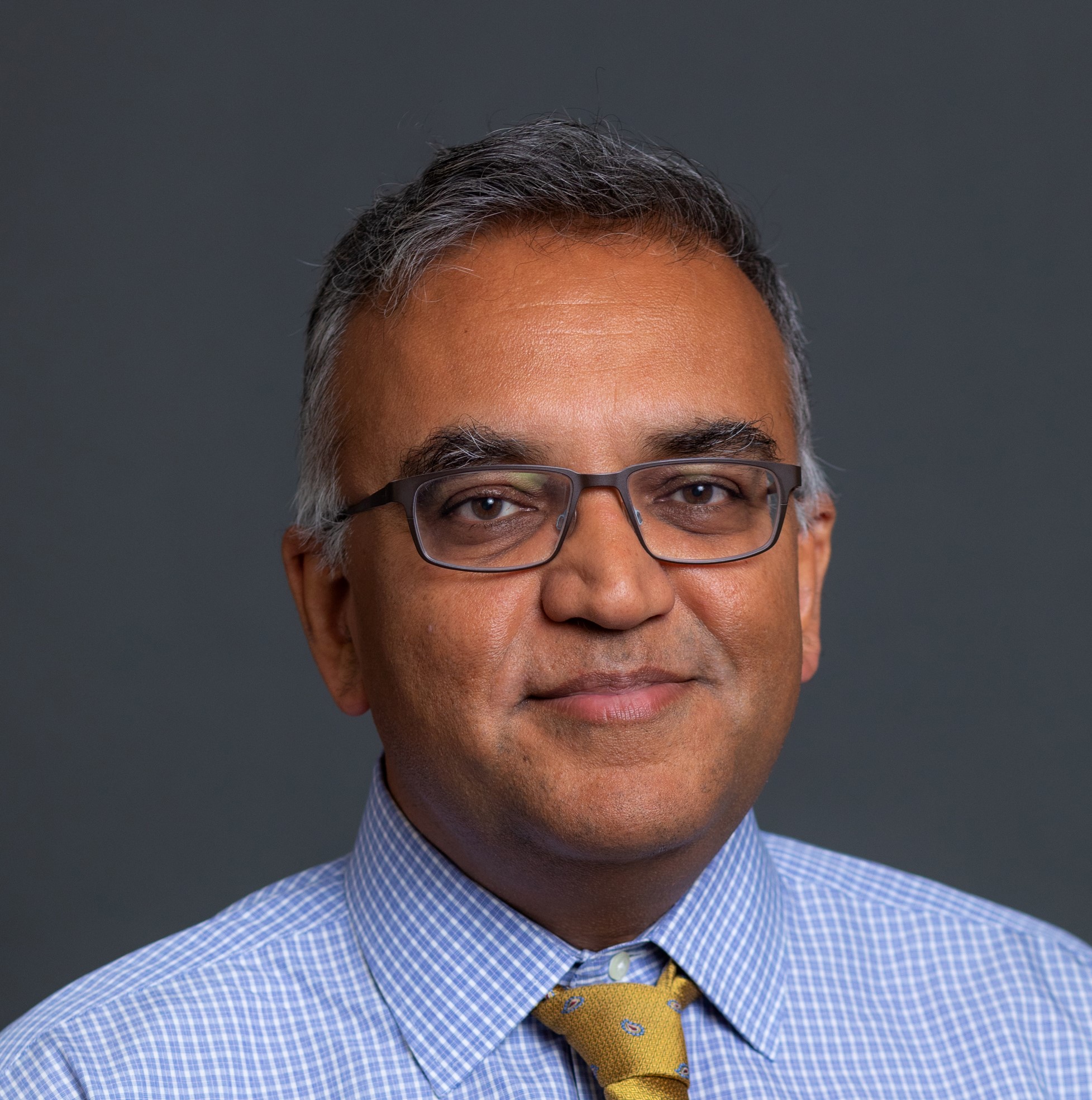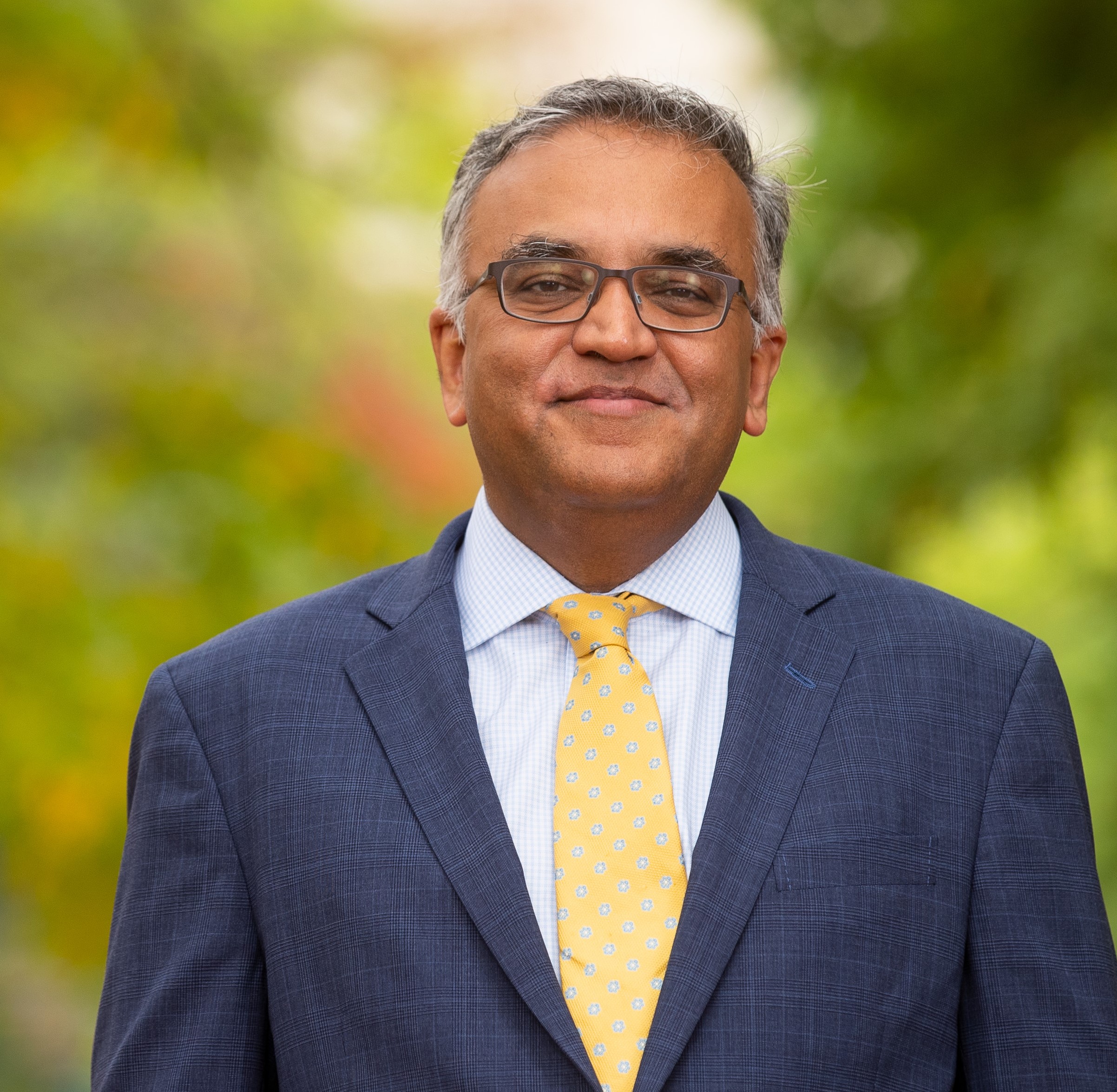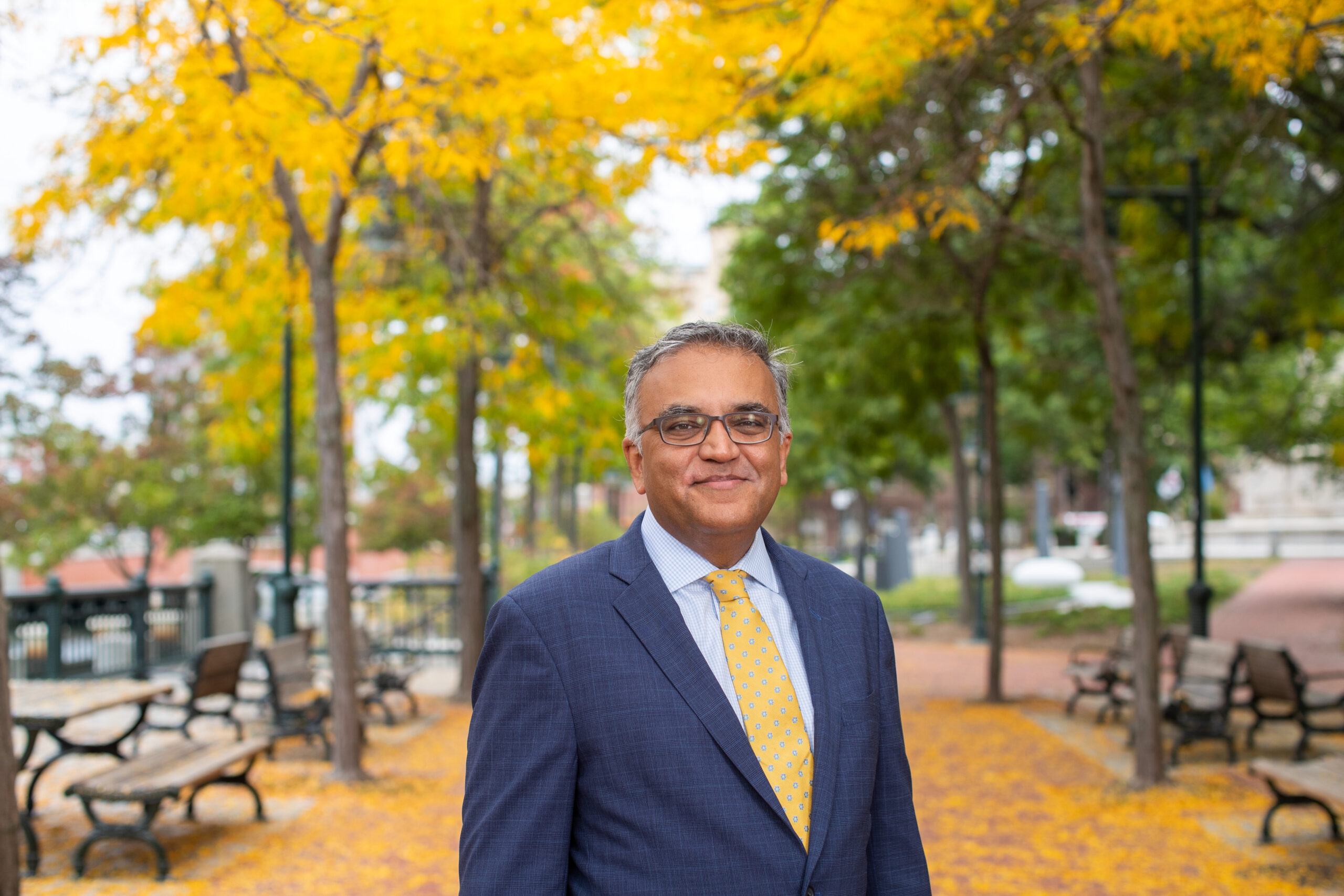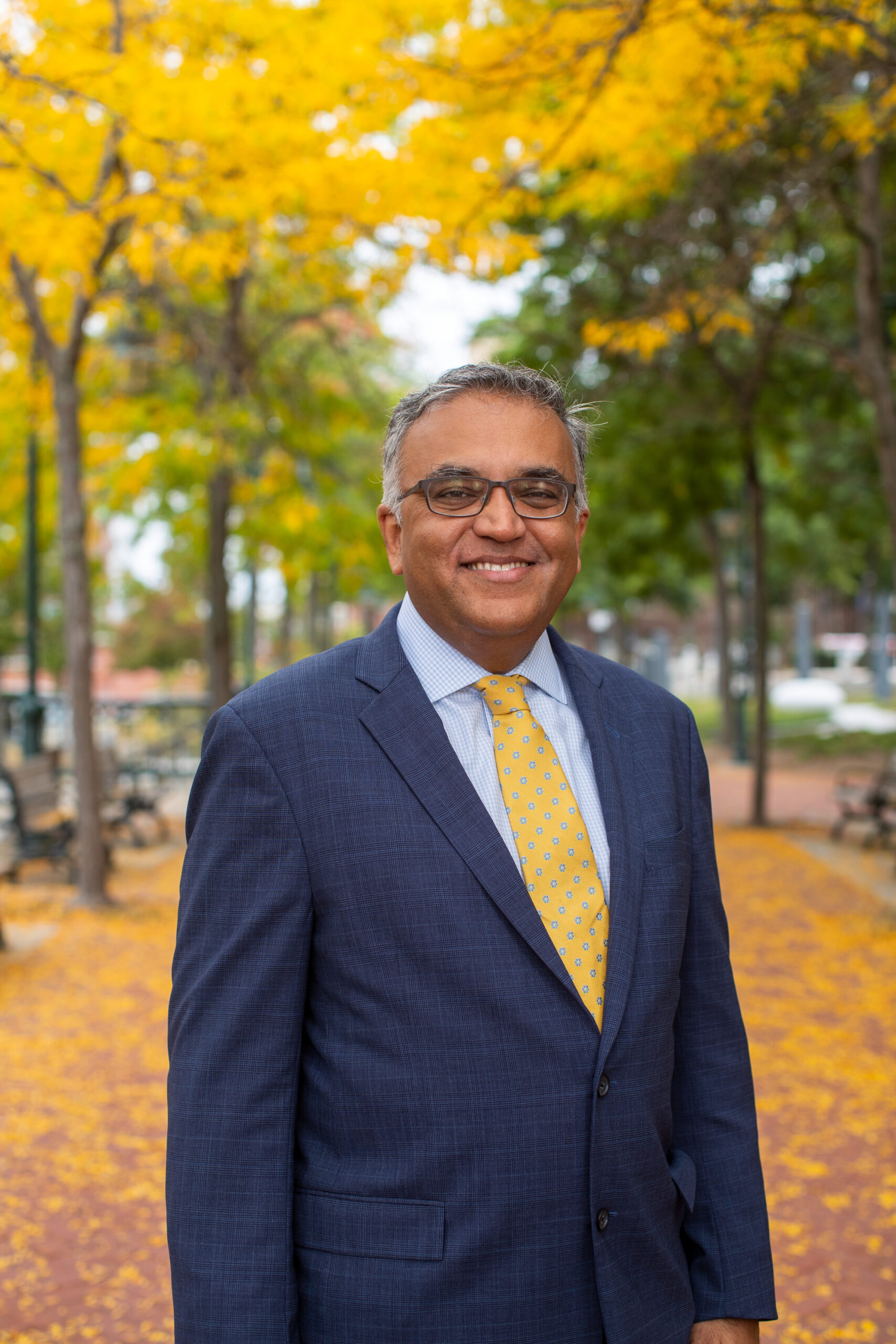Biography
A practicing physician, Ashish K. Jha, M.D., M.P.H., is recognized globally as an expert on pandemic preparedness and response as well as on health policy research and practice. He has led groundbreaking research around Ebola and is now on the frontlines of the COVID-19 response, leading national and international analysis of key issues and advising state and federal policy makers.
Dr. Jha has published more than two hundred original research publications in prestigious journals such as the New England Journal of Medicine and the BMJ, and is a frequent contributor to a range of public media. He has extensively researched how to improve the quality and reduce the cost of health care, focusing on the impact of public health policy nationally and around the globe.
On September 1, Dr. Jha started his role as the Dean of the School of Public Health at Brown University. Before that, Dr. Jha was a faculty member at the Harvard T.H. Chan School of Public Health since 2004 and Harvard Medical School since 2005. He was the Faculty Director of the Harvard Global Health Institute from 2014 until September 2020. From 2018 to 2020, he served as the Dean for Global Strategy at the Harvard T.H. Chan School of Public Health. A general internist previously with the West Roxbury VA in Massachusetts, Dr. Jha will continue his practice at the Providence VA Medical Center.
Dr. Jha was born in Pursaulia, Bihar, India in 1970. He moved to Toronto, Canada in 1979 and then to the United States in 1983. In 1992, Dr. Jha graduated Magna Cum Laude from Columbia University with a B.A. in economics. He received his M.D. from Harvard Medical School in 1997 and then trained as a resident in Internal Medicine at the University of California, San Francisco. He returned to Boston to complete his fellowship in General Medicine from Brigham and Women’s Hospital and Harvard Medical School. In 2004, he completed his Master of Public Health degree at the Harvard T.H. Chan School of Public Health. He was elected to the National Academy of Medicine in 2013.
Videos
White House COVID coordinator Dr. Ashish Jha on the rise in new variants
Dr. Ashish Jha
Speech TopicsExpand each topic to learn more
What have we learned from COVID-19? What did the pandemic expose, and teach us, here and around the globe?
- Is the US, the world, better prepared for future health crises?
- Can we, will we, ensure that when future outbreaks happen, it doesn’t lead to loss of lives and livelihoods? If yes, how?
- What is the responsibility of the private sector? The role of government? Our international obligations?
- What does history tell us about post-pandemic changes that shape societies?
'- Runaway healthcare spending now threatens to sink our economy
- Eating into wage growth while ballooning the costs of overall worker compensation; bad for workers and businesses
- Swallowing state budgets, forcing deep cuts in other essential services and priorities
- Straining federal budget
- What’s driving these rising costs?
- Why do policymakers keep getting the solutions wrong?
- And what is the agenda for action?
- What can policymakers do? What about businesses? Individuals?
Climate change – is often seen as an environmental problem, which of course it is. But, It is also the most urgent, overlooked threat to health. The connection is real, immediate, and deadly.
How climate change impacts health
- Drought => Famine => Migration => Disease spread
- More respiratory illness
- Heat-related illness
Solutions demand new connections between scientists and policymakers
- Beyond reducing carbon pollution, what should healthcare systems be doing?
- Mitigation by healthcare systems – reducing their own footprint
- Understanding how climate change is going to drive big impacts on population health
- Building climate-resilient healthcare systems
- Building climate-sensitive population health strategies.
- The role of governments, businesses, and non-profit organizations in solutions
Artificial Intelligence and its Application to Medicine and Public Health
- What are the major tools of AI that might actually be useful? How? When? Where?
- What are the challenges of AI – to providers, patients, healthcare systems?
- What are the risks that are not being adequately understood or captured?
- The role of AI in transforming health and healthcare not just in the US but around the globe.
'- COVID has taught us a lot about how we can keep people healthy at work
- Respiratory infections – COVID, flu, RSV, and others have a large impact on worker health, missed days of work, etc.
- When employees’ kids get sick at school, that can impact their work
- We now have tools to effectively manage respiratory infections – during typical respiratory infection seasons as well as during crisis times.
- The role of Indoor Air Quality in keeping people healthy
- Other strategies such as testing and treatments that can make a big difference
- Ultimately, this talk is focused on employers who understand typical respiratory seasons are disruptive and a bad season can be even more so – but we now have the tools to manage it far more effectively.
Testimonials
Blog Posts
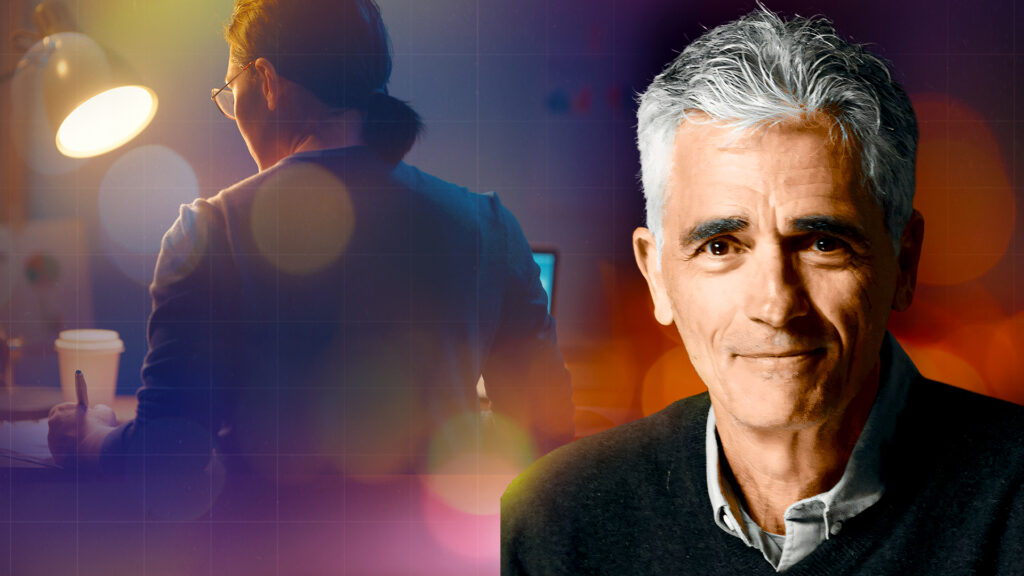
Keynote Speakers Who Tell Great Stories Get Booked More in 2026
Keynote speakers need more than craft to get booked. Learn the mindset shift that builds sustainable speaking careers.
Read More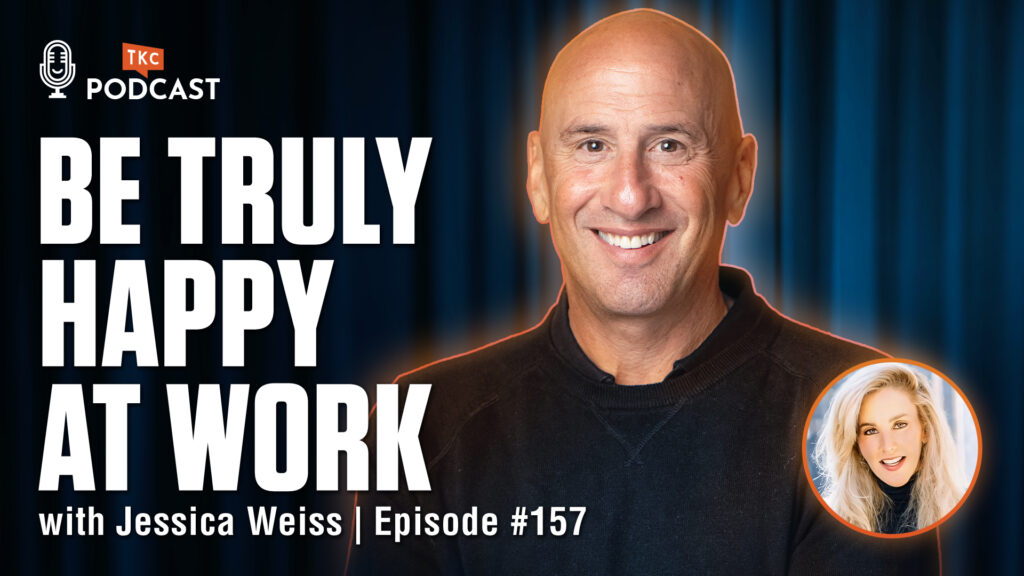
Happiness at Work Is the Performance Strategy You Need, with Jessica Weiss
Happiness at work is a performance strategy, not a perk. Learn how Jessica Weiss helps teams build real, sustainable happiness.
Read More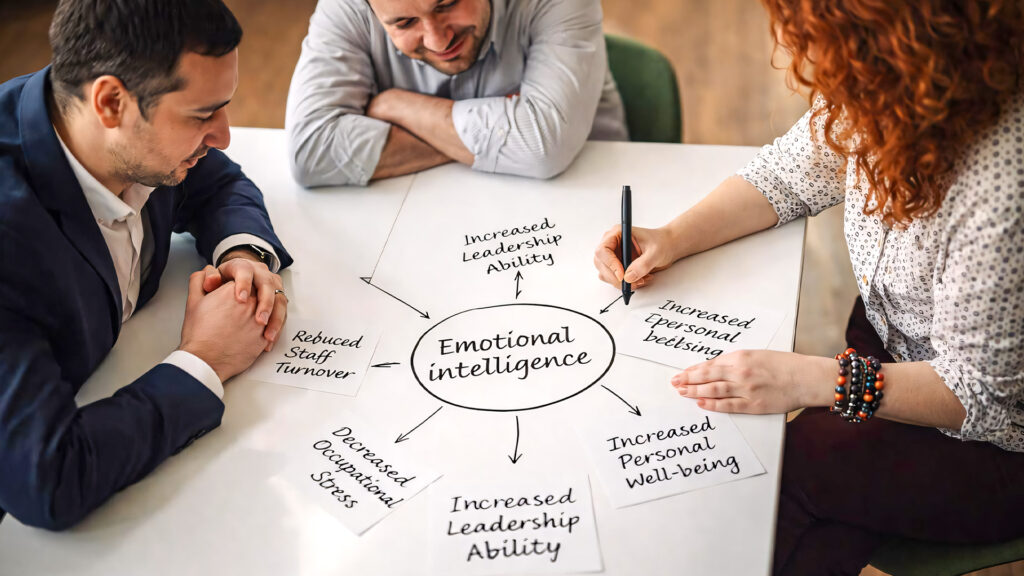
Emotional Intelligence Skills That Hold Up Under Pressure
Emotional intelligence is more than a buzzword. Here's what real EQ looks like under pressure, and the keynote speaking voices building it on stages in 2026.
Read More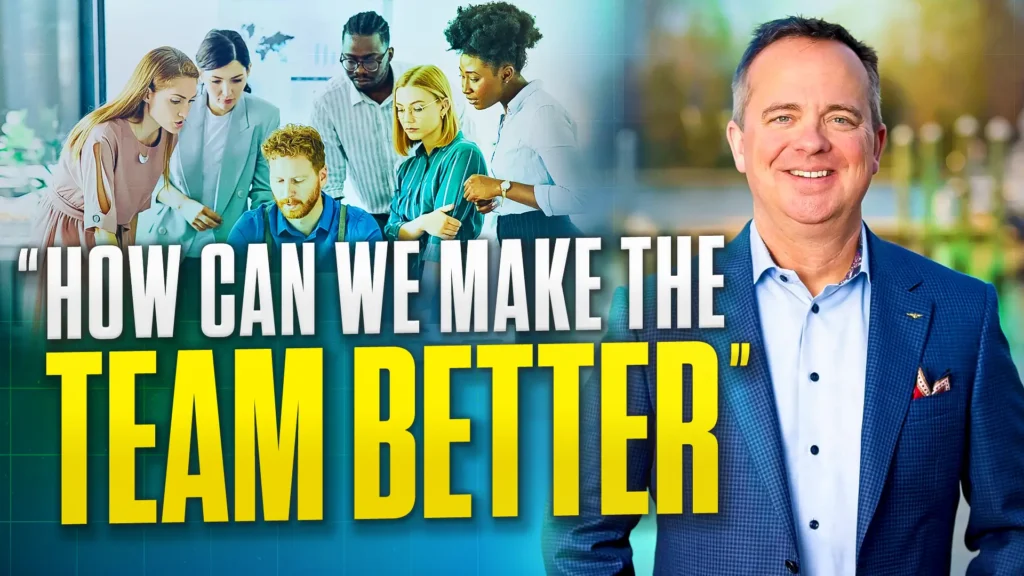
Confidence Without Vulnerability Creates Teams That Never Improve
Learn how confidence and vulnerability coexist in high-performing teams from decorated Navy fighter pilot Jack Becker's proven debrief strategies.
Read More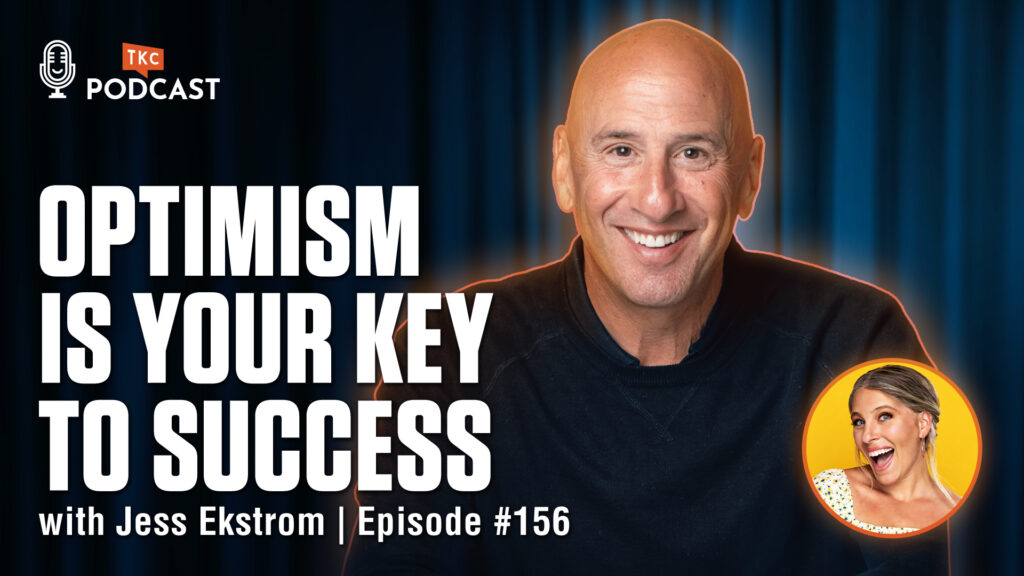
Optimism as a Strategy to Turn Setbacks into Triumphs, with Jess Ekstrom
Keynote speaker Jess Ekstrom reframes optimism as a strategy for resilience, success, and making it without burning out.
Read More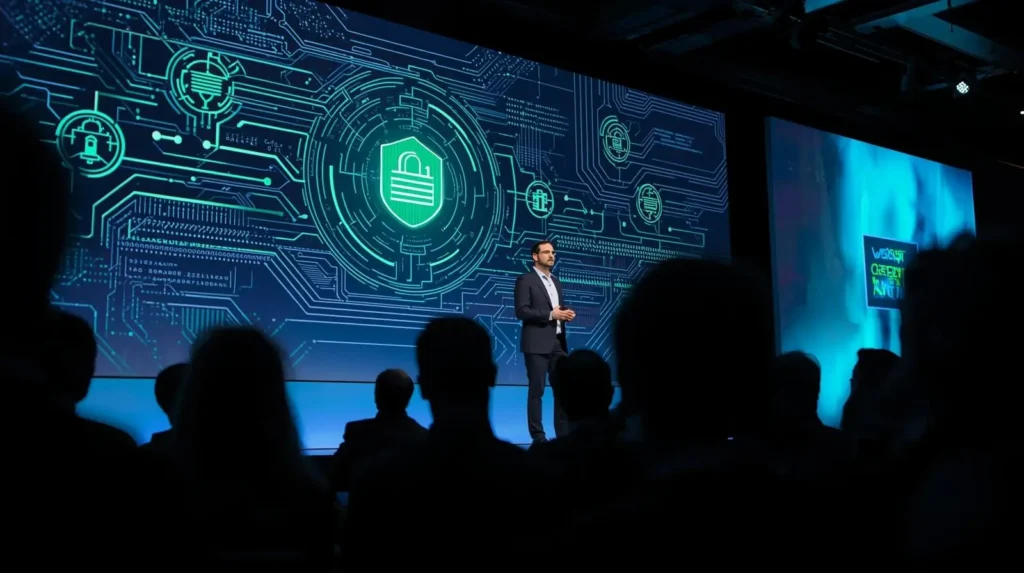
Best Artificial Intelligence Speakers for Cybersecurity Conferences (2026 Guide)
Quick Links Artificial Intelligence Speakers Healthcare Keynote Speakers Top Technology Speakers Innovation Speakers Leadership Speakers Future of Work Speakers Get Proposal (availability & fees) If you’re searching for the Best Artificial Intelligence Speakers for Cybersecurity...
Read MoreRelated Healthcare & Healthcare Policy Speakers
Get in TouchContact US
Fill out the form so we can best understand your needs.
A representative from The Keynote Curators will reach out to you.

